Finding Calm and Clarity Through Meditation
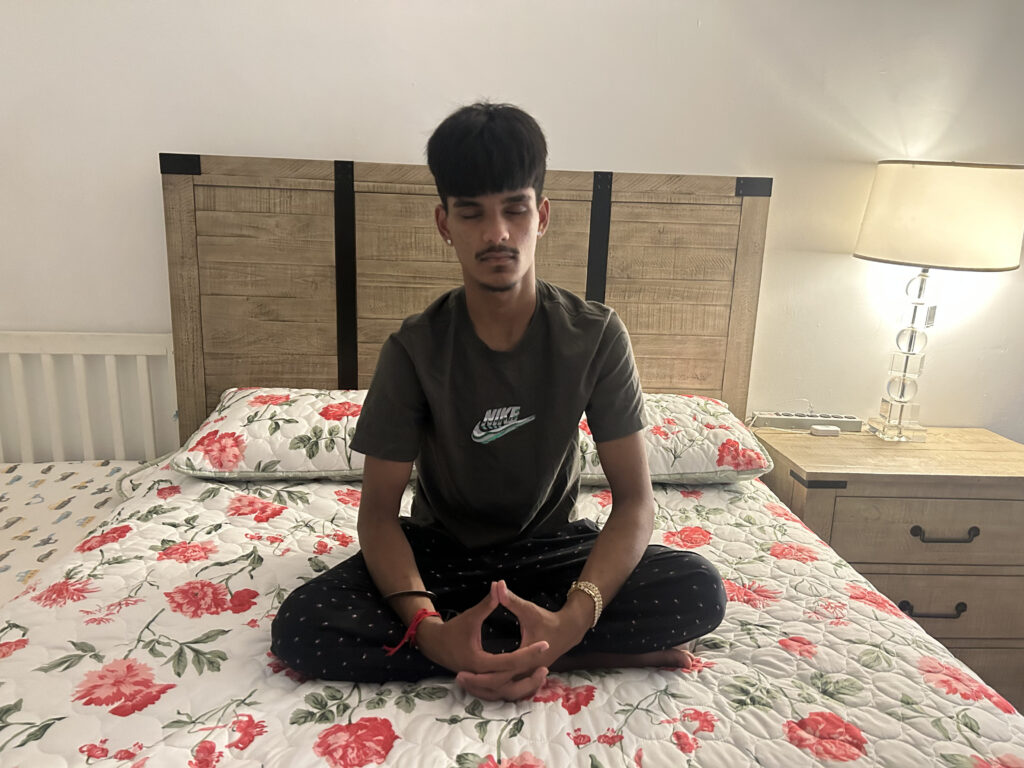
Meditation is part of daily life for many worldwide. At home, in hospitals, and through apps, people use mindfulness to reduce stress and feel better. My mom starts her day with deep breathing and calm focus. My dad also meditates at night to relax after long work shifts. Even children in hospitals practice mindfulness during recovery (An & Wang, 2025). More people adopt meditation because it is simple, effective, and fits many lifestyles. It does not require special equipment or a lot of time, which makes it easy to include in busy routines.
Meditation Supports Mental Health
Many begin meditating to feel more balanced emotionally. It helps those facing stress, anxiety, or burnout. A study found people in mindfulness programs felt less anxious and depressed than those who did not meditate (Goyal et al., 2014).
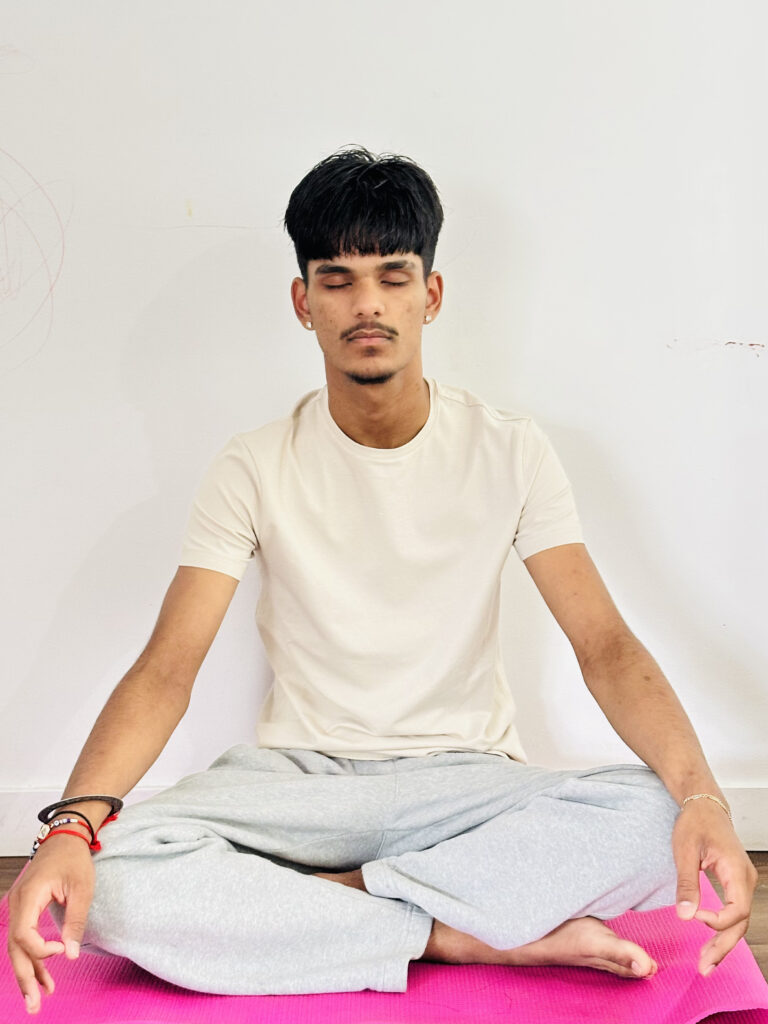
Here’s how meditation helps mental health:
- It helps people stay present and avoid overthinking.
- Emotional control improves with regular practice.
- Sleep gets better, especially for students and workers.
I tried meditation during exams and felt less nervous and more focused. Five minutes before bed helped me sleep better and stay calm. I have learned that even short sessions can make a difference, especially when life feels overwhelming.
Physical Health also Improves
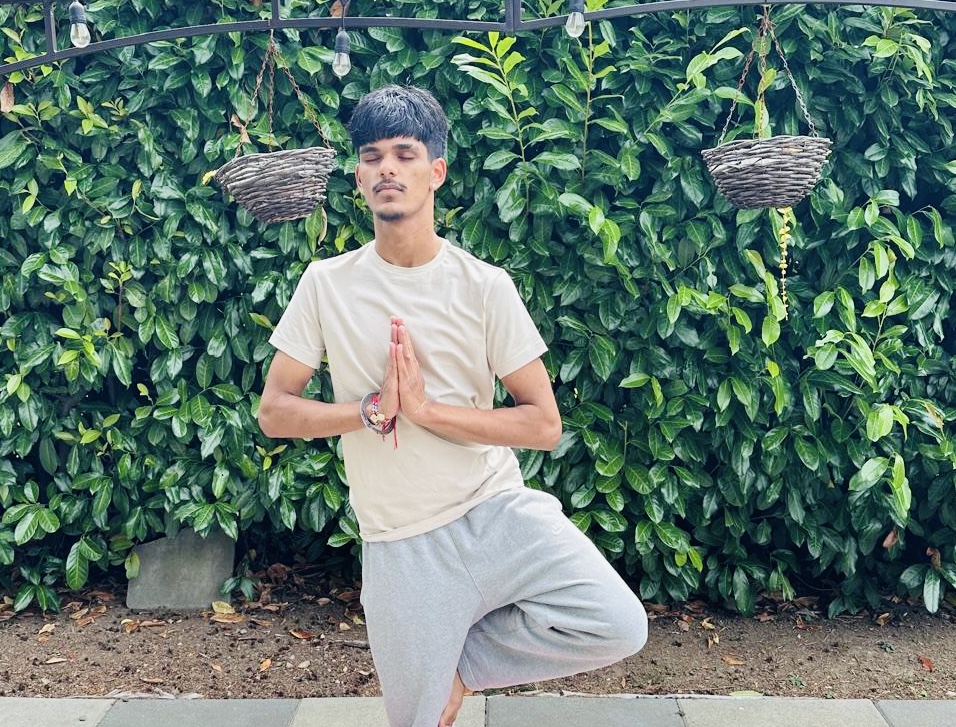
Meditation helps the mind and body. A study of children recovering from surgery showed mindfulness improved digestion, nutrition, and emotional health (An & Wang, 2025). My mom says when the mind is calm, the body heals faster. Science agrees. By reducing stress hormones, meditation helps the body rest, recover, and work better (An & Wang, 2025). Reducing stress also lowers blood pressure and supports immune function, which keeps the body stronger.
Daily Meditation Builds Better Habits
Making meditation part of a routine helps people stay grounded. Healthcare workers who meditated in the morning and slept well had better moods and health (Junca-Silva et al., 2025). Even a few minutes of quiet breathing before the day helps someone feel in control. It clears my head and stops me from rushing or feeling overwhelmed. Consistency matters, meditating every day helps build focus and patience over time.
Meditation Apps Make It Easier Technology has made mindfulness more accessible. I used an app for my first session, which helped me feel confident and focused.
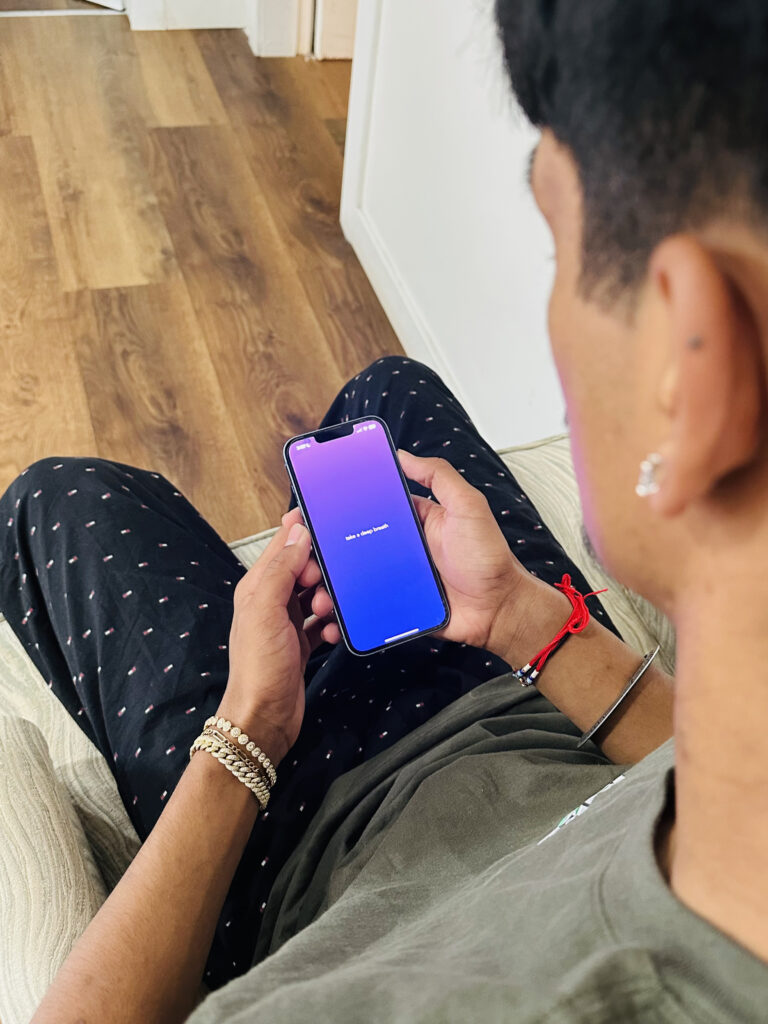
Apps also remind users to keep practicing, which helps build a daily habit (Dyer et al., 2025). Apps offer guided sessions that are easy for beginners and the benefits include:
- Short sessions that fit busy schedules.
- Beginner-friendly guidance.
While meditation is popular, many misunderstand it. Some think it is only spiritual or expect instant results. Experts say benefits take time and regular practice (Tang, 2017). Misunderstandings cause some to quit early. That is why schools and workplaces now teach meditation as a practical tool, not a mystical one.
Meditation Can Change the Brain
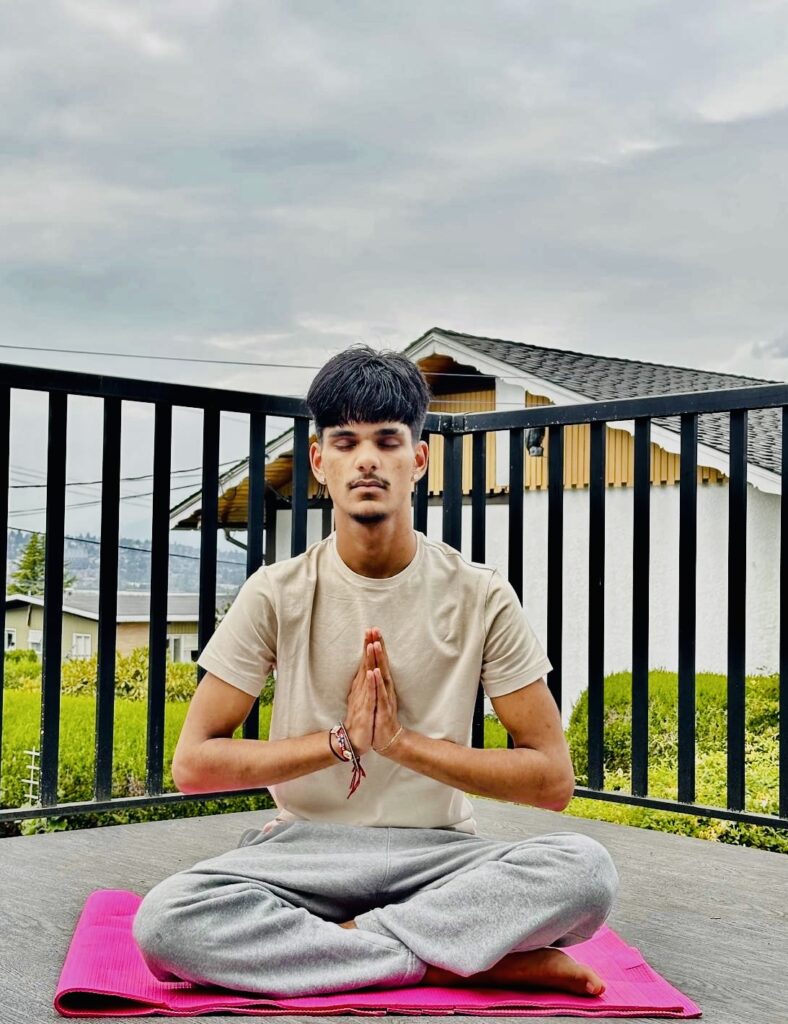
Beyond short-term effects, meditation changes the brain. Regular practice strengthens focus, self-awareness, and emotional control (Tang, 2017). Over time, this helps manage tough emotions better. After weeks of practice, I can notice stress early and pause. This mental “reset” helps prevent frustration and makes it easier to respond calmly.
Why It Matters
Meditation is more than relaxation. It is a research-backed habit that helps people live balanced lives. Whether using an app, meditating at home, or in hospitals, meditation delivers actual results. People from all backgrounds—students, workers, and patients, find it useful. Evidence shows it benefits students, families, healthcare workers, and patients. It is not a cure, but it supports stress management and healthier habits (Tang, 2017). I will continue this project sharing stories, tips, and tools to show how small mindfulness moments bring lasting change.
References
An, M., & Wang, L. (2025). Clinical impact of mindfulness meditation training combined with probiotics on postoperative gastrointestinal function, nutritional status, and psychological status in children with hypospadias. African Journal of Reproductive Health, 29(5s), 89–96. https://doi.org/10.29063/ajrh2025/v29i5s.11
Dyer, R. L., Zimmerman, K. M., Zhao, X., Xie, Q., Dahl, C. J., Quanbeck, A., & Goldberg, S. B. (2025). Developing meditation practice in individuals with elevated psychological distress via a meditation app intervention: An implementation science–informed qualitative investigation of barriers and facilitators. Psychological Services. https://doi.org/10.1037/ser0000980
Goyal, M., Singh, S., Sibinga, E. M. S., Gould, N. F., Rowland-Seymour, A., Sharma, R., Berger, Z., Sleicher, D., Maron, D. D., Shihab, H. M., Ranasinghe, P. D., Linn, S., Saha, S., Bass, E. B., & Haythornthwaite, J. A. (2014). Meditation programs for psychological stress and well-being: A systematic review and meta-analysis. JAMA Internal Medicine, 174(3), 357–368. https://doi.org/10.1001/jamainternmed.2013.13018
Junça-Silva, A., Kulyk, M., & Caetano, A. (2025). The Impact of Morning Meditation and Sleep Quality on Affective and Health Outcomes in Healthcare Workers. International Journal of Environmental Research and Public Health, 22(4), 592. https://doi.org/10.3390/ijerph22040592
Tang, Y.-Y. (2017). The neuroscience of mindfulness meditation: How the body and mind work together to change our behaviour. Palgrave Macmillan.
